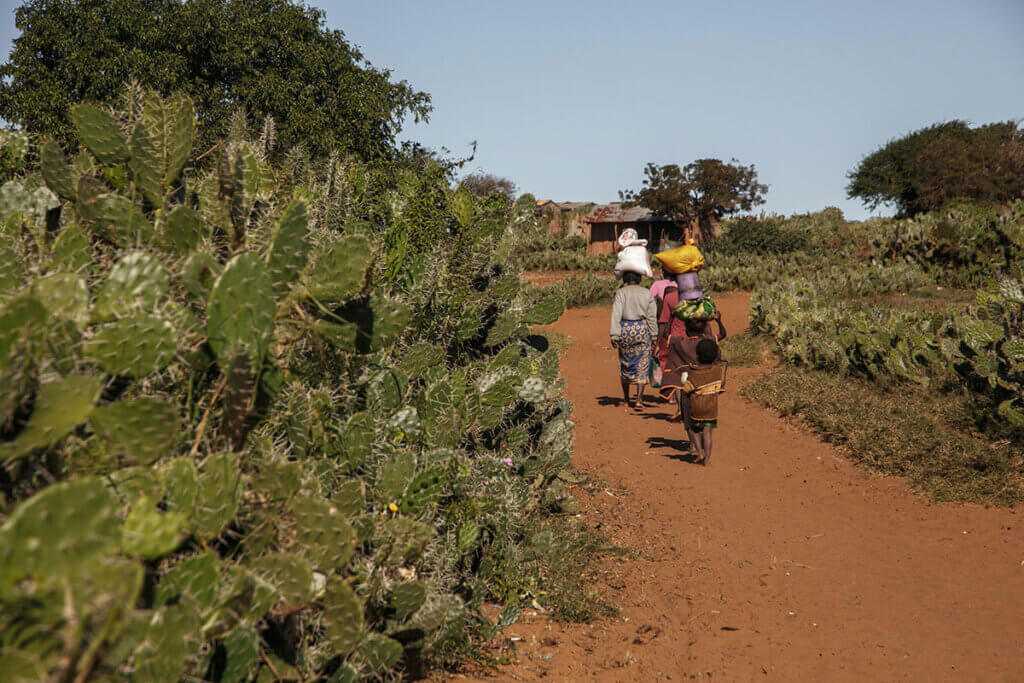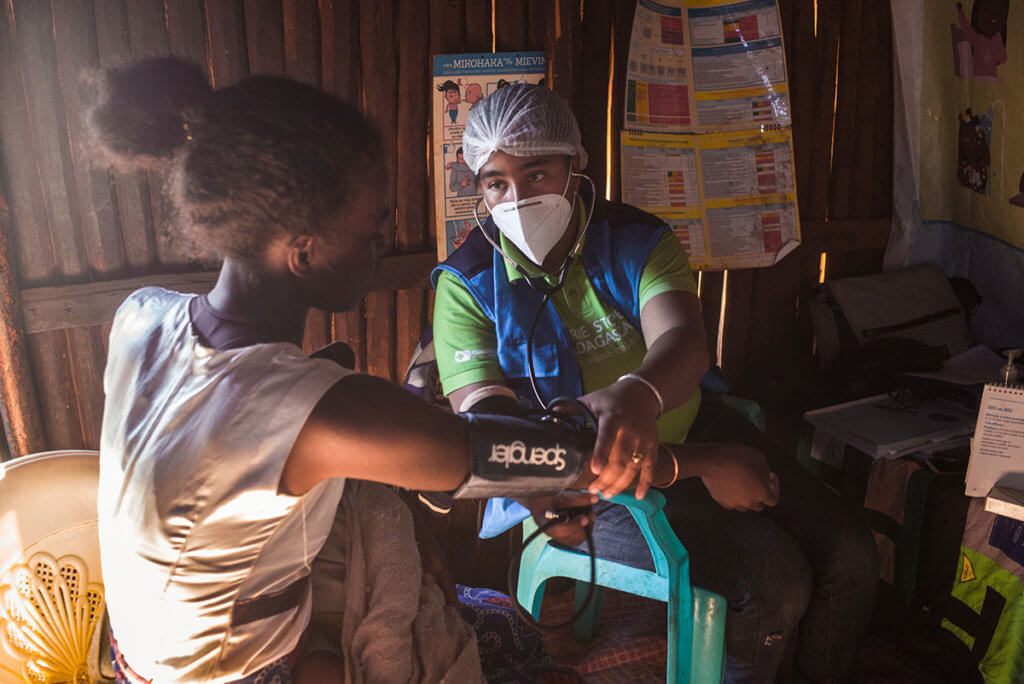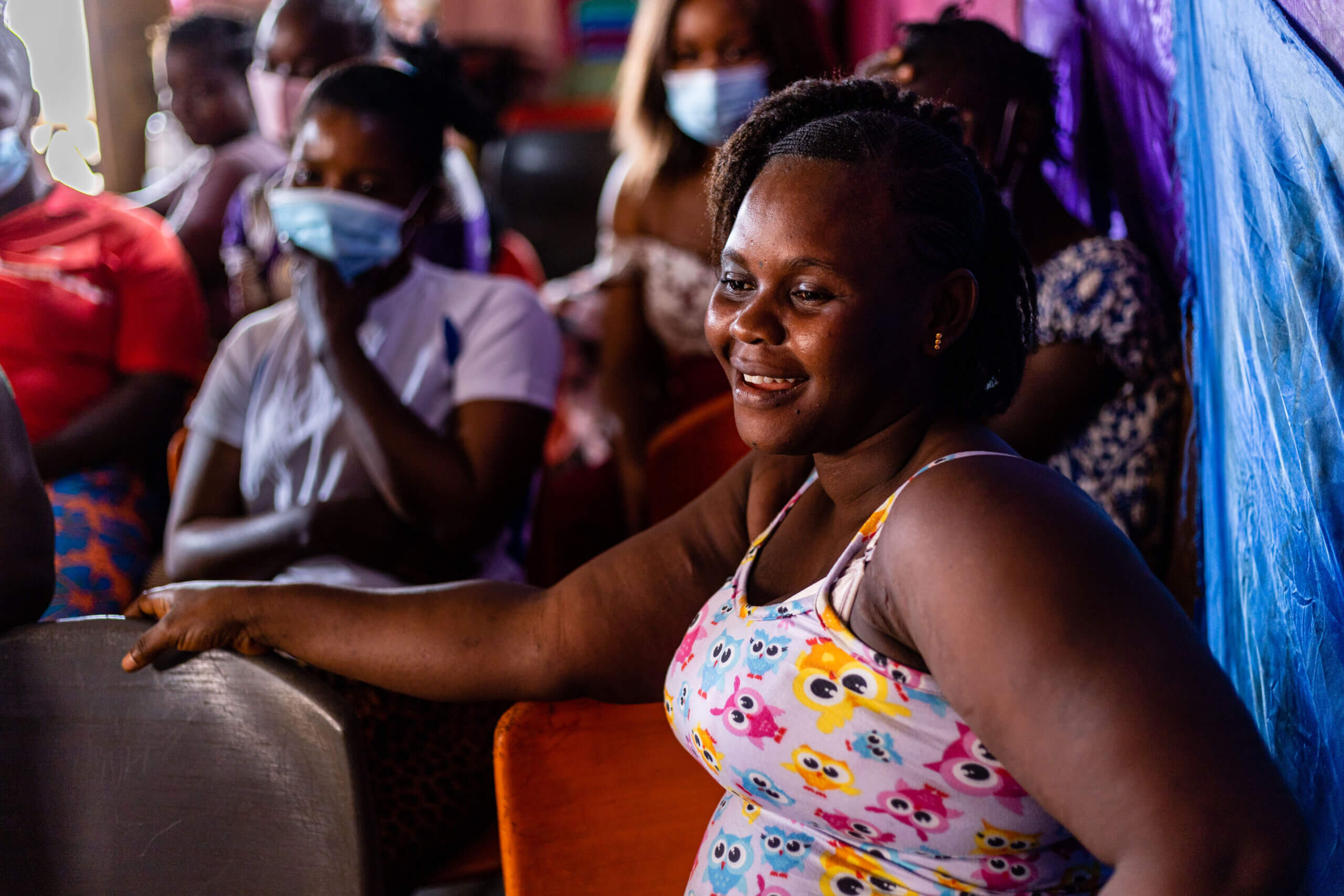Empowering women in climate disasters
The critical role of choice in decision-making
Who is bearing the brunt of the climate crisis? Women farmers like Liasoa, a mother of six children in rural Madagascar.
According to the World Bank, a large share of Africa’s farmers are women, but they face real disadvantages, and climate change is exacerbating the problem. In the face of escalating climate disasters and dwindling resources, women are disproportionately affected. Amidst these challenges, access to contraception and reproductive choice emerges as a vital tool for women’s agency, resilience, and well-being.
The ability to control one’s fertility empowers women to make informed decisions about if and when to have children, safeguarding their health, economic stability, and autonomy in the face of environmental uncertainties.

The link between bodily autonomy and climate resilience
Climate disasters, ranging from hurricanes and floods to droughts and wildfires, have become increasingly frequent and severe across many of the countries where MSI Reproductive Choices works in Africa and Asia. The consequences for reproductive health can be dire.
Disrupted access to healthcare facilities, lack of essential services, and displacement can all heighten the risk of unintended pregnancies and maternal mortality. For women grappling with the aftermath of a disaster, an unplanned pregnancy can further compound their challenges, stretching already limited resources and worsening vulnerabilities. Liasoa, who faced a string of unplanned pregnancies as drought ravaged her community, told us how she regretted not being able to prevent pregnancy: “My life would have been different if I had known about family planning earlier.”
Bodily autonomy and the ability to make family planning decisions for themselves are not only important to improved health outcomes and resilience in the face of climate change. They’re also essential in empowering women to navigate these turbulent times.
As climate change intensifies, resource scarcity, dwindling water supplies, declining agricultural yields, and diminishing access to essential services all place additional pressures on families and communities, particularly in vulnerable regions. In situations like these, women must have the ability to decide if and when to have children. That ability has profound implications for women’s health, economic security, and overall well-being.
How choice helps women farmers cope with crisis
The evidence shows that when women have control over their reproductive choices, they tend to have smaller families—and they’re more able to cope with a crisis.
Our outreach teams in Madagascar serve women who tell us that climate change and an extended drought has devastated farming there. Liasoa, the mother of six, told us: “We have always earned our money from farming, but we must find other sources of income. With the drought and the winds, farming is no longer viable.”
She, like many of her peers, come to MSI because family planning services were an existential necessity. By having smaller families or spacing their children, women can mitigate the strain on limited resources, ensuring that their families have access to adequate food, water, and other essential necessities. This not only benefits individual households but also contributes to broader efforts to build resilience and promote sustainable development in the face of climate change.

A more secure future for women and families
Access to contraception is closely linked to women’s economic empowerment and participation in decision-making processes. Studies have shown that when women have control over their reproductive choices, they are more likely to pursue education, enter the workforce, and engage in leadership roles within their communities. This means more people working on solutions to new environmental realities.
By enabling women to plan their families according to their own aspirations and circumstances, contraception unlocks opportunities for economic independence and social advancement, laying the foundation for more resilient and equitable societies.
It’s important to recognize that promoting access to contraception is not about imposing population control measures or coercive family planning policies. Rather, it’s about upholding women’s rights to make autonomous decisions about their reproductive health and futures for themselves. Liasoa told us: “Now I can face the future. I feel free and determined to work out what is best for my children. I no longer depend on my parents to take care of my children. It will be very difficult for me raising six children as a single woman but I must always remain confident.”
Access to choice is a fundamental aspect of women’s resilience and empowerment in the context of climate change and dwindling resources. By enabling women to plan their pregnancies and control their fertility, contraception safeguards their health, economic stability, and autonomy, even in the most challenging of circumstances. Investing in comprehensive sexual and reproductive health services is therefore not only a matter of human rights but also a strategic imperative for building more resilient, sustainable, and equitable societies in a changing climate.






